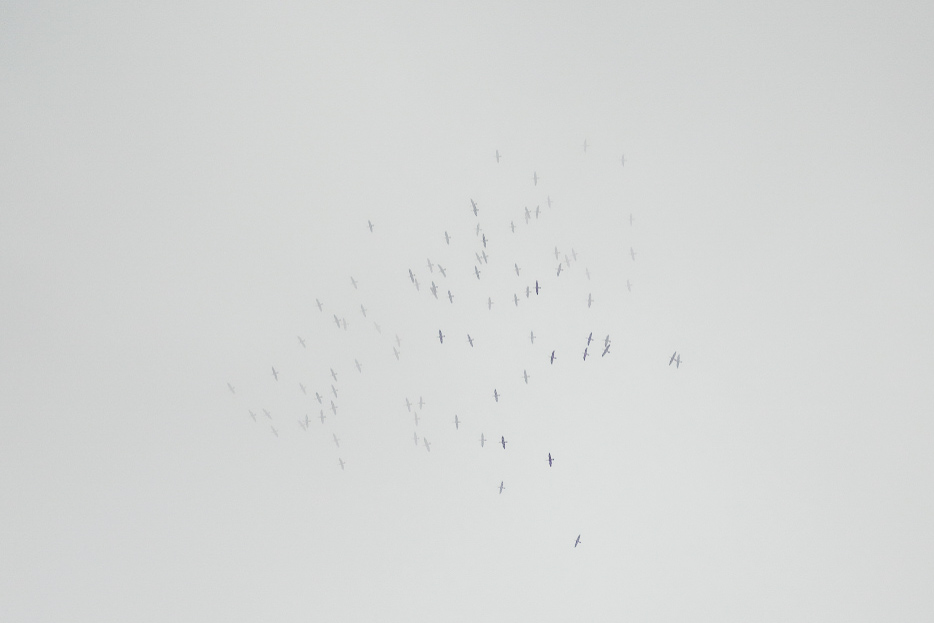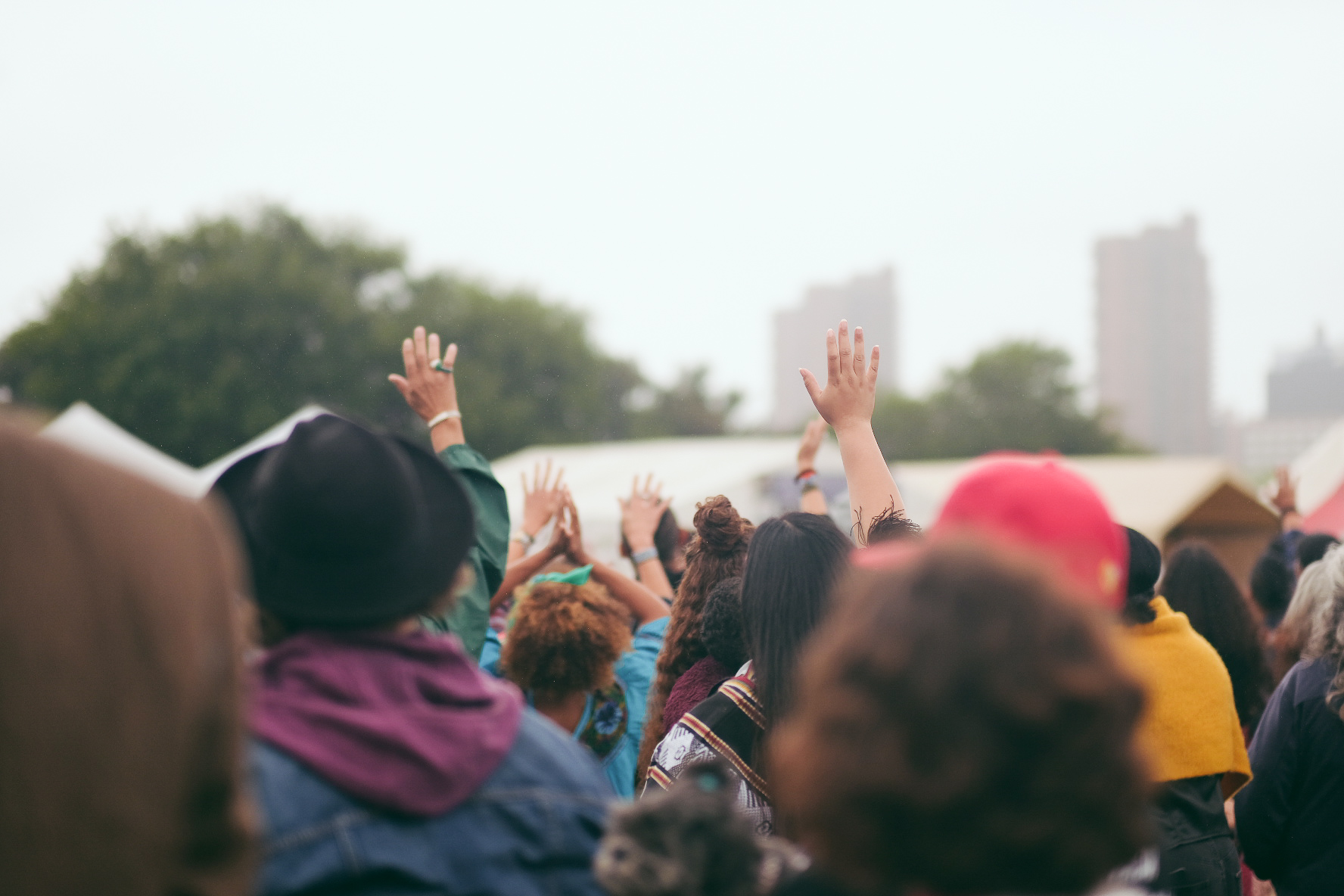Indigenous Peoples Day - A Reflection
“This year, even Columbus, Ohio has cancelled its celebration of Columbus Day.”
- Kamir Dumar in his article for City Lab
For most cities in the United States, October 8th is still officially on the list of national holidays as “Columbus Day”, but a growing list of cities around the country have begun to officially recognize October 8th instead as Indigenous Peoples Day. Seattle, Minneapolis, San Francisco, Atlanta, among many others. Unfortunately New York City still does not officially recognize Indigenous Peoples Day.
The conversation raises questions of what is being celebrated on this day, and who should be recognized. For many people, Columbus represents the decimation of their cultures, and the beginning of the colonialism that plagued(s) the continent, as well as representing the false histories that are taught in schools about Columbus, which neglect to speak of genocide and the subjugation of non-white people as less than human.
With this conversation in mind about Indigenous People’s Day, I went to an event on Randall’s Island (an island just east of Manhattan between the Harlem River and East River) to experience these questions in person.
The event was hosted by Redhawk Native American Arts Council, and spanned two days full of ceremony, music, song, dance, spoken word, artists, food and guest speakers. All were welcome and the event sought specifically to honor Water Protectors.
Nahko and Medicine for the People performing in the afternoon
There were many conversations and ideas shared from the people in attendance that circled around the question; Who are we in the face of this history and this holiday? For the people there as hosts and attendees, the answer was a mix of celebration and activism, culture and protest - with lots of folks wearing shirts that said, “Abolish Columbus Day.”
I was there to learn and openly experience the day. To ask questions about this holiday I’d grown up with, yet had been taught so little truth about. This is a complex holiday full of unevenly weighted stories that has many elements, which this event hoped to illuminate. Demonstrating to the lives of those attempted to be silenced by colonialism and too often unheard or dismissed by white people like myself, the festival articulated pieces of the language, culture and ceremonies that have existed for thousands of years before Columbus ever stepped foot on a boat.
A man named Robert Mirabal, from Taos New Mexico lead the Closing Ceremony and offered gifts to the people, both of words and objects to folks that requested them. At the culmination of his blessing, he offered corn seeds to anyone that wanted them, pulling the colorful kernels by the handful and gently placing them in the open hands of those receiving them.
They were metaphors as well as the literal embodiment of the earth taking care of its people, of healing and of new beginnings. His words were clear and generous and just before he spoke, a flock of Canada Geese flew high in the air above the gathering, to which the people raised there hands and audibly offered thanks.
After Robert was finished and had spoken with everyone waiting to speak with him, I saw him walking back to his tent and offered him a quick thank you for what he had said, and he asked who I was and what brought me there that day. I introduced myself and told him that I had just moved to New York as part of a project that investigates the ways that people exist within the natural world. He said that this event was the right place to start, and then he looked me straight in the eyes and said, “Be careful,” holding his gaze, making sure I’d heard him. Without breaking our eye contact, I asked him what he thought I should be careful of.
He said, “Yourself. Your mind and your heart can get disconnected. Especially in the city. It can get too crazy hear to think, and you can forget. Go to the mountains. Stop to look and be with the trees. Listen. Walk. Walk, walk, walk. Be on foot, and don’t get lazy. Don’t forget to feel things. Don’t lose hope. Because when you forget to feel things or lose hope, you only think about yourself.”
This message sat heavy with me and stood clear in my mind, as I made my way back into Manhattan by foot over the Robert F. Kennedy bridge, opting out of taking the M65 bus and the subway back into Harlem, past Columbus Circle and Trump Tower, just north of the Times Square madness, existing strangely just a few miles away from the event with people drawn to it like moth-light. (P.S. Donald Trump made no mention, again for the 2nd year in a row, of Indigenous People on October 8th)
How can we not forget and still live in the city? What daily actions can we take to remember?
Bridge walk back into the city
Robert looked straight into my eyes when he said “Be careful,” and I didn’t want to let his words slide past me. I wanted to sit in the ways that they made me feel uncomfortable. And this is speculation, but I couldn’t help but wonder how our interaction had been influenced by my being white at this event, and the fraught history that people of my skin color have inflicted (and still inflict) on people of color. His pointed advice for me to “be careful” in that moment, reminded me to be a good listener. To investigate the truth of what I’m being told / taught, and not to forget that there are stories out there that need to be heard. To not, “play by rules,” as Eula Biss phrased it in an On Being episode. Those rules that have been systematically and unjustly established by white people in this country.
It’s important to grapple with my own whiteness as I dig into the human experience within the natural world; both beautiful and terrible. This event, just east of one of the most densely populated cities in the country taught me a lot about nature, and the people who live and have lived as a part of it, to be mindful of fraught histories, to not forget and to not lose hope. (Here’s a link to an article I wrote about an experience with the fraught history of humans in relationship to place).
Although I did not take any of the corn seeds Robert offered, I did walk away with a gift that day. Thank you Robert.
Yesterday is marked on many people’s calendars as Indigenous Peoples Day, but with such a complex history ever-unfolding around us, advice has offered that the learning and celebrating of Indigenous People should exist far beyond the boundaries of just October 8th. In the spirit this, and of learning and openness, here are a few podcasts and articles that informed this article. Please feel free to send me others that have informed you, and we can learn together.
May we walk
May we ask questions
May we be good listeners, not forget, or lose hope
May we celebrate the many people and cultures who have lived vivid lives on this continent for thousands of years, and continue to live vivid lives despite innumerable challenges.
Podcasts:
An Interview with Robin Wall Kimmerer
Let’s Talk about Whiteness
Articles:
Goodbye, Columbus Day
What is Indigenous Peoples Day?
Columbus Day vs. Indigenous Peoples Day
Indigenous Peoples Day
Abolish Columbus Day
Event Host:
Redhawk Native American Arts Council
What are your thoughts about Indigenous Peoples Day? Let me know in the comments below, or send me a message, an article, or anything else at wes@livethecuriouslife.com Thank you.











